Question And Answer
Publications
Articles, publications, books, tools and multimedia features from the U.S. Institute of Peace provide the latest news, analysis, research findings, practitioner guides and reports, all related to the conflict zones and issues that are at the center of the Institute’s work to prevent and reduce violent conflict.
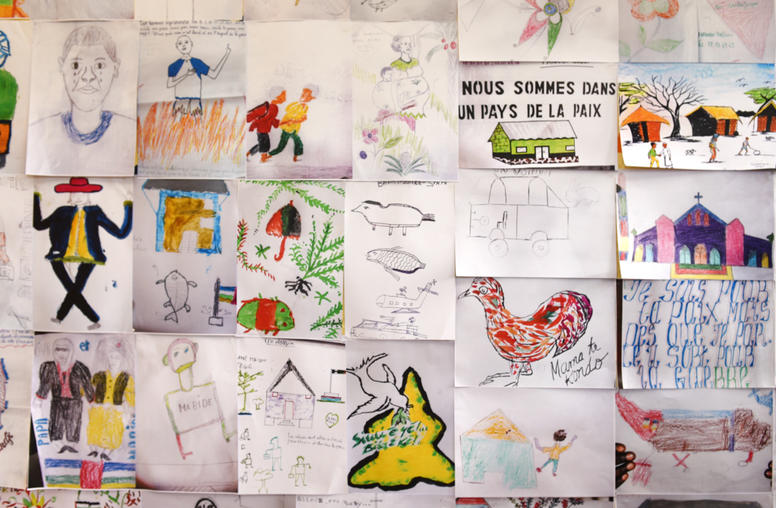
Q&A: Central African Republic Waiting for Peace
Nine months after the Central African Republic (CAR) held free, peaceful and democratic elections for president and parliament, the country continues to struggle for stability and progress. Half of the country remains in need of humanitarian aid, and an increase in violent incidents since September threatens to destabilize any progress made to date. At the end of November, clashes between factions of the ex-Séléka, a formerly united alliance of primarily Muslim armed groups, left 85 dead, 76 injured and 11,000 newly displaced.
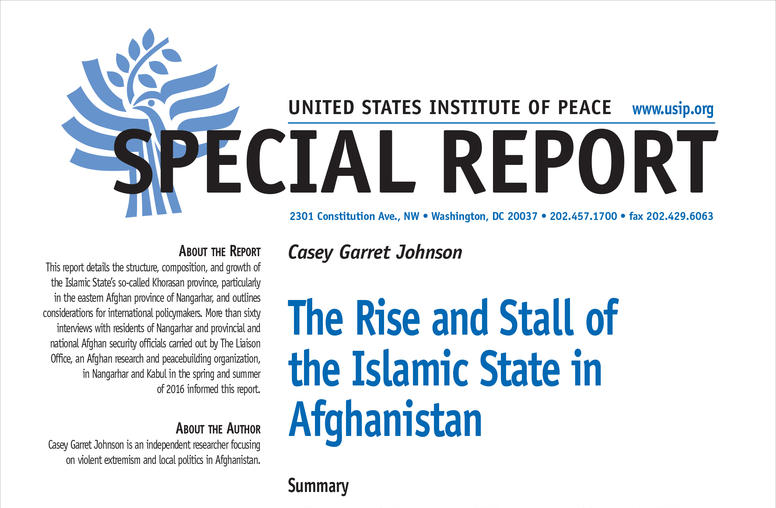
The Rise and Stall of the Islamic State in Afghanistan
This report details the structure, composition, and growth of the Islamic State’s so-called Khorasan province, particularly in the eastern Afghan province of Nangarhar, and outlines considerations for international policymakers. More than sixty interviews carried out by The Liaison Office with residents of Nangarhar and provincial and national Afghan security officials informed this report.
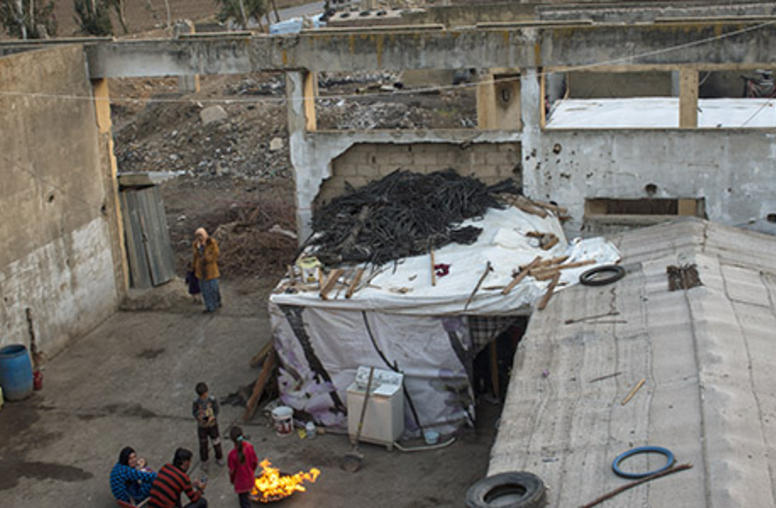
Q&A: Can Lebanon’s New President Defuse Major Crises?
The Lebanese Parliament’s selection this week of General Michel Aoun as president ends 2 ½ years of a leadership vacuum that mired decision-making on fundamental economic, social and political crises facing Lebanon. The Parliament had been unable to elect a new president since May 2014, even as it faced emergencies such as the influx of more than 1 million refugees from the war in neighboring Syria. USIP Middle East and North Africa Director Elie Abouaoun examines the potential effect of the ...
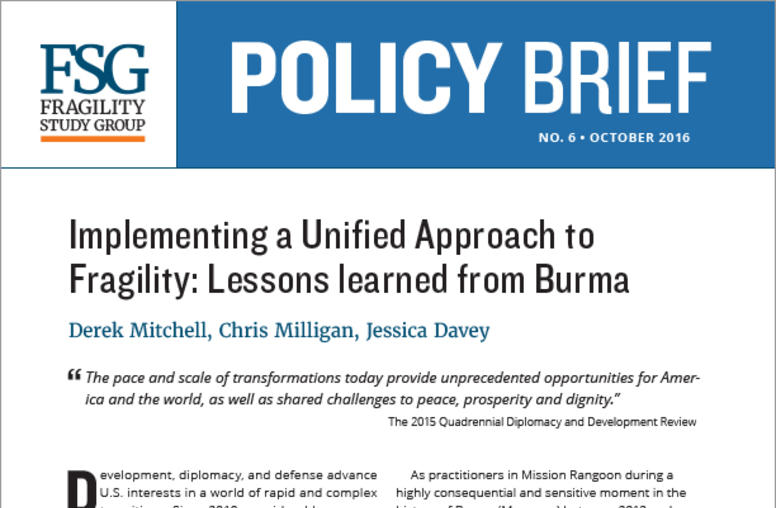
Implementing a Unified Approach to Fragility: Lessons learned from Burma
The Fragility Study Group is an independent, non-partisan, effort of the Carnegie Endowment for International Peace, the Center for a New American Security and the United States Institute of Peace. The chair report of the study group, U.S. Leadership and the Challenge of State Fragility, was released on September 12. This brief is part of a series authored by scholars from the three institutions that build on the chair report to discuss the implications of fragility on existing U.S. tools, st...
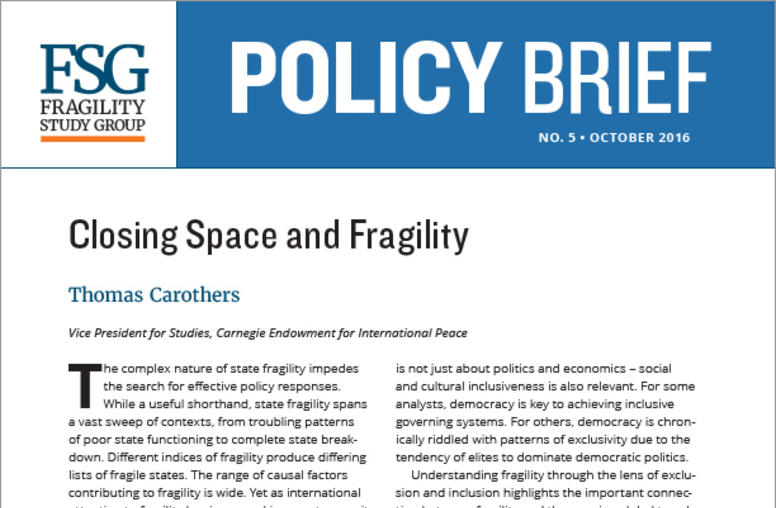
Closing Space and Fragility
The Fragility Study Group is an independent, non-partisan, effort of the Carnegie Endowment for International Peace, the Center for a New American Security and the United States Institute of Peace. The chair report of the study group, U.S. Leadership and the Challenge of State Fragility, was released on September 12. This brief is part of a series authored by scholars from the three institutions that build on the chair report to discuss the implications of fragility on existing U.S. tools, st...
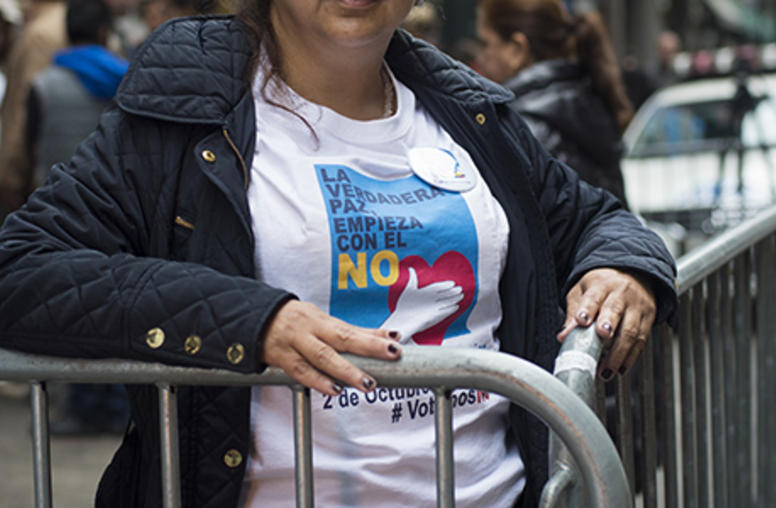
Q&A: Colombians Narrowly Reject Peace Deal
Colombian voters yesterday defied projections by pollsters and rejected a peace accord that their government had negotiated during four years of talks with the Revolutionary Armed Forces of Colombia (FARC-EP). The agreement was intended to end more than a half century of violent conflict that has left well over 220,000 dead and close to 8 million victims, including more than 6 million people forcibly displaced. USIP’s Senior Advisor for Peace Processes Virginia M. Bouvier explains why voters ...
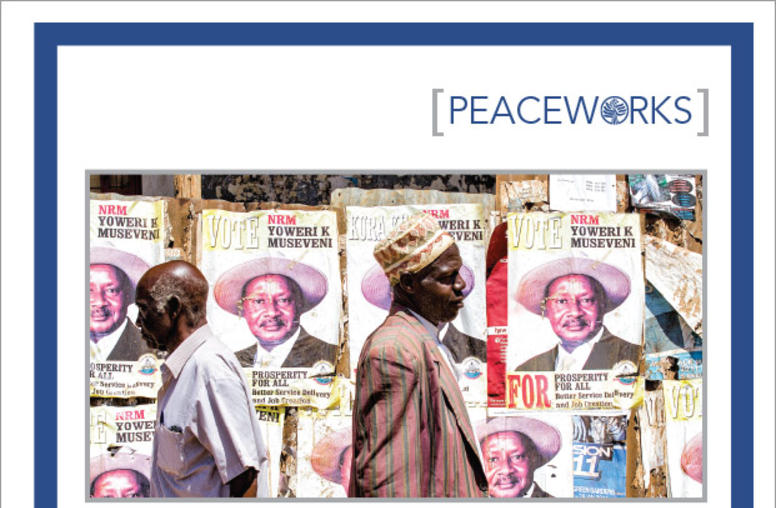
Weak Ugandan Democracy, Strong Regional Influence
Ugandan President Yoweri Museveni’s reputation is weakened by his unwillingness to leave office: he was elected for a fifth term of office in February 2016 in an election that drew international criticism. This report, a joint publication of USIP and the Institute for Security Studies, explores key elements of Uganda’s domestic politics and foreign policy as well as the impact they have in the region and internationally.
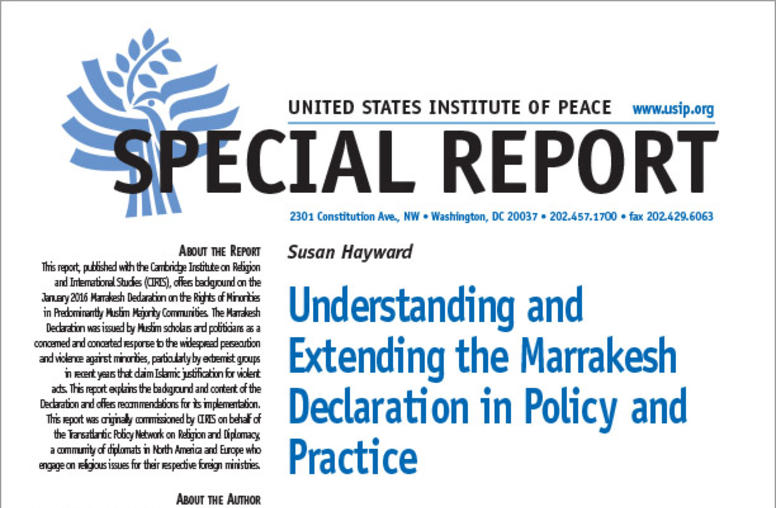
Understanding and Extending the Marrakesh Declaration in Policy and Practice
In January 2016, the Marrakesh Declaration was issued by Muslim scholars and politicians as a concerted response to the persecution of and violence against minorities in Muslin-majority countries. This report, published with the Cambridge Institute on Religion and International Studies, provides background on the Marrakesh Declaration and recommendations to those from both Muslim and non-Muslim majority contexts to ensure the Declaration’s implementation and legitimacy.
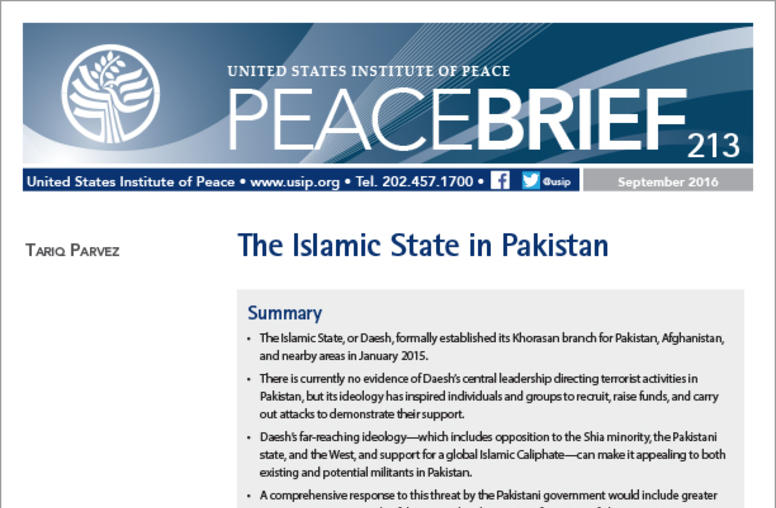
The Islamic State In Pakistan
The Islamic State, or Daesh, has moved its influence beyond Iraq and Syria, formally establishing its Khorasan branch in Central Asia in January 2015. This brief explores Daesh in Pakistan, how its ideology can influence both existing and potential militants, and what a comprehensive response from the Pakistani government would involve.
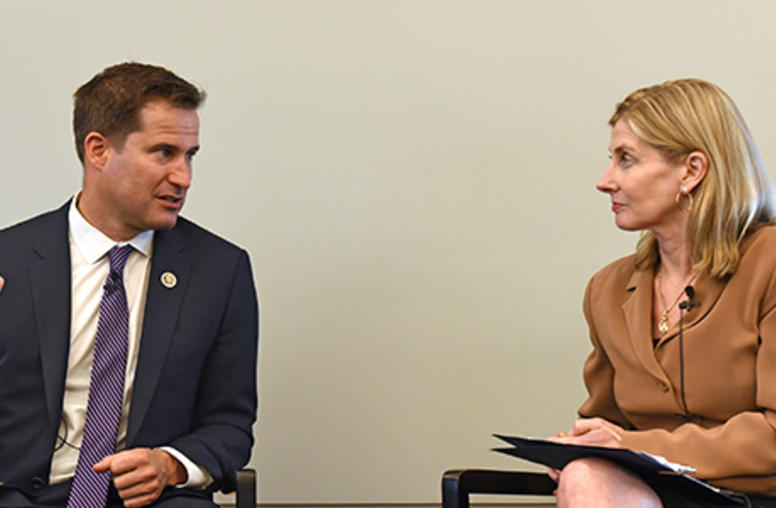
Ex-Marine Lawmaker Seeks Diplomatic ‘Surge’ in Iraq
After four tours with the U.S. Marines in Iraq, Representative Seth Moulton, a first-term Democrat from Massachusetts, remains focused on the country’s development and its current battle against the ISIS extremist group, and he said he has concluded that its fundamental problems are political. A military strategy that fails to address Iraq’s political weaknesses ensures that American troops—about 5,000 of whom have returned to the country—will be back again five years after ISIS is defeated, ...